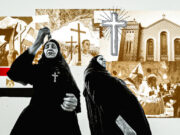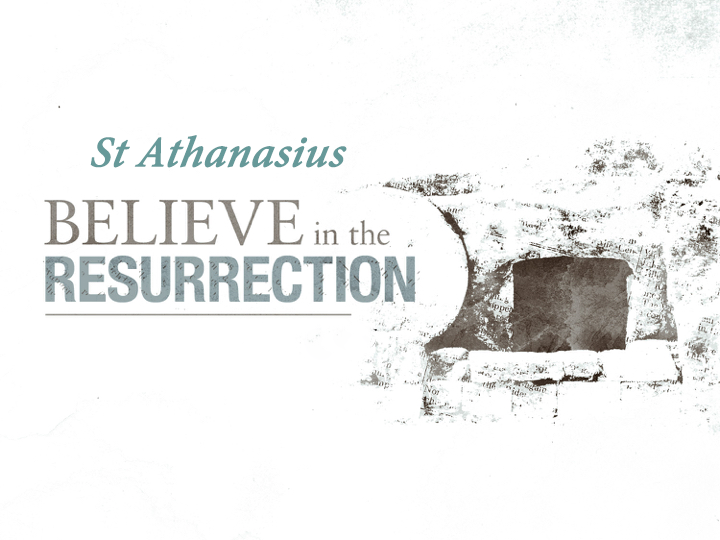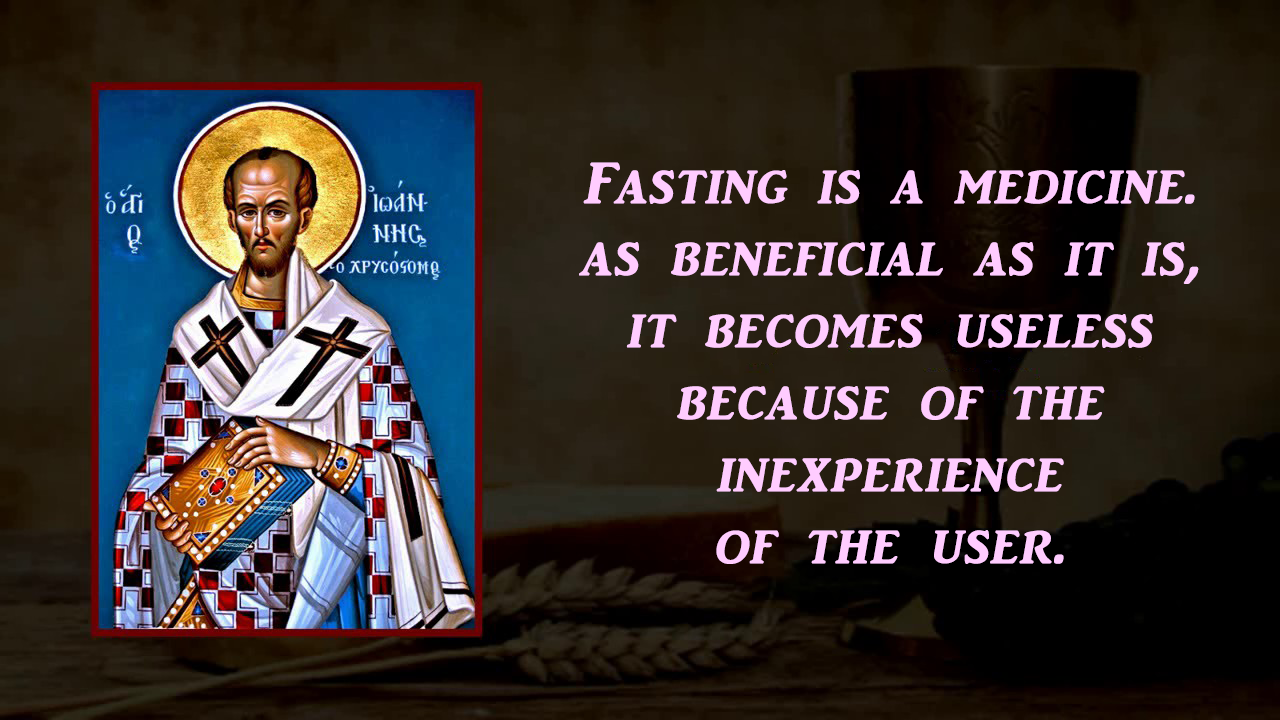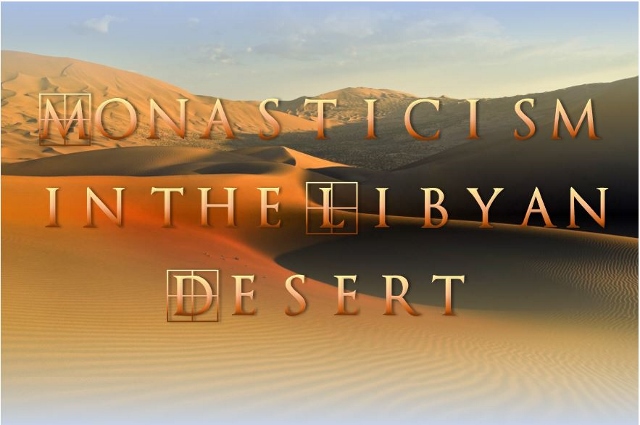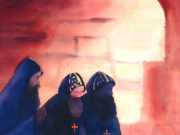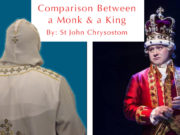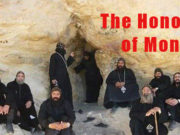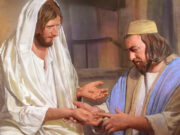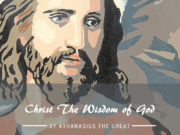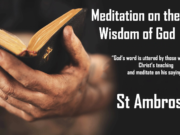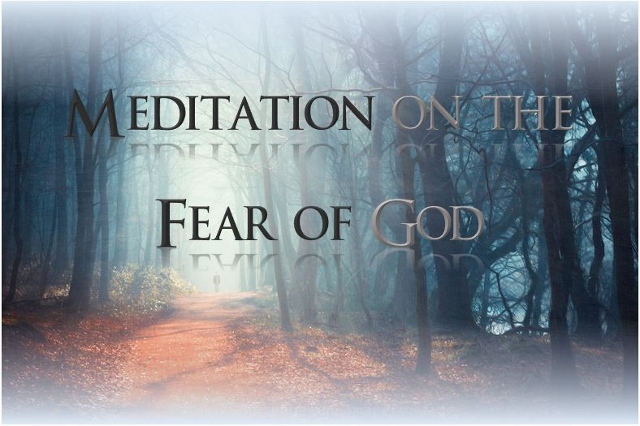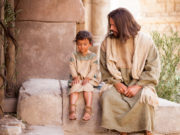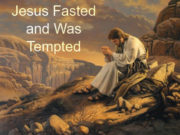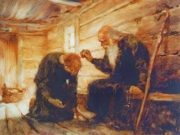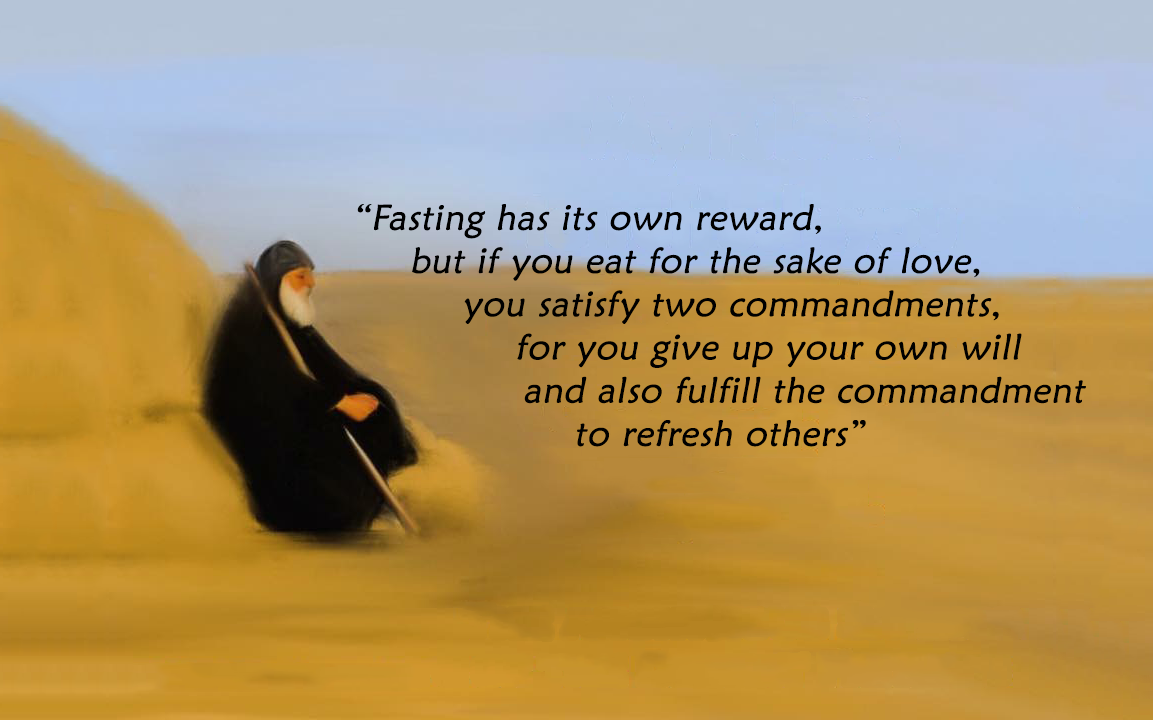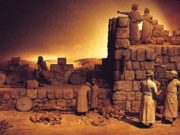
According to Saint Mark the Monk (“Mark the Ascetic,” fifth/sixth century), “He who is humble in his thoughts and engaged in spiritual work, when he reads the Holy Scriptures, will apply everything to himself and not to his neighbor.” We are to look throughout Scripture for a personal application. Our question is not simply “What does it mean?” but “What does it mean for me?” As Saint Tikhon insists, “Christ Himself is speaking to you.” Scripture is a direct, intimate dialogue between the Saviour and myself, Christ addressing me and my heart responding.
I am to see all the narratives in Scripture as part of my own personal story. The description of Adam’s fall is equally an account of something in my own experience. Who is Adam? His name means simply “man,” “human”: it is I who am Adam. It is to me that God says, “Where are you?” (Gen. 3:9). We often ask, “Where is God?” But the real question is the one that God puts to the Adam in each one of us: “Where are you?”
Who is Cain, the murderer of his brother? It is I. God’s challenge, “Where is Abel your brother?” (Gen. 4:9), is addressed to the Cain in each of us. The way to God lies through love for other people, and there is no other way. Disowning my sister or brother, I replace the image of God with the mark of Cain, and deny my essential humanity.
There are three steps to be taken when reading Scripture. First, we reflect that what we have in Scripture is sacred history: the history of the world from the Creation, the history of God’s chosen people, the history of God Himself incarnate in Palestine, the history of the “wonderful works” (Acts 2:11) after Pentecost. We are never to forget that what we find in the Bible is not an ideology, not a philosophical theory, but a historical faith.
Next, we observe the particularity, the specificity, of this sacred history. In the Bible we find God intervening at specific times and in particular places, entering into dialogue with individual humans. We see before us the distinctive calls issued by God to each different person, to Abraham, Moses, and David, to Rebekah and Ruth, to Isaiah and the prophets. We see God becoming incarnate once only, in a particular corner of the earth, at a particular moment and from a particular Mother. This particularity we are to regard not as a scandal but as a blessing. Divine love is universal in its scope, but always personal in its expression.
This sense of the specificity of the Bible is a vital element in the Orthodox “scriptural mind.” If we really love the Bible, we will love genealogies and details of dating and geography. One of the best ways to enliven the study of Scripture is to go on a pilgrimage to the Holy Land. Walk where Christ walked. Go down near the Dead Sea, climb the mountain of the Temptation, scan the desolation, feel how Christ must have felt during His forty days alone in the wilderness. Drink from the well where Jesus spoke with the Samaritan woman. Take a boat out on the Sea of Galilee, have the sailors stop the engine, and gaze in silence across the water. Go at night to the Garden of Gethsemane, sit in the dark under the ancient olives, and look across the valley to the lights of the city. Taste to the utmost the characteristic “isness” of the historical setting, and take that experience back to the daily Scripture reading.
Then we are to take a third step. After reliving Bible history in all its particularity, we are to apply it directly to ourselves. We are to say to ourselves, “These are not just distant places, events in the remote past. They belong to my own encounter with the Lord. The stories include me.”
A personal approach of this kind means that in reading the Bible we are not simply detached and objective observers, absorbing information, taking note of facts. The Bible is not merely: a work of literature or a collection of historical documents, although certainly it can be approached on that level. It is, much more fundamentally, a sacred book, addressed to believers, to be read with faith and love. We shall not profit fully from reading the Gospels unless we are in love with Christ. “Heart speaks to heart” I enter into the living truth of Scripture only when my heart responds with love to the heart of God.
Reading Scripture in this way – in obedience, as a member of the Church, finding Christ everywhere, and seeing everything as part of my own personal story – we shall sense something of the power and healing to be found in the Bible. Yet always in our Biblical voyage of exploration we are only at the very beginning. We are like someone launching out in a tiny boat across a limitless ocean. But, however great the journey, we can embark on it today, at this very hour, in this very moment.
At the high point of his spiritual crisis, wrestling with himself alone in the garden, Saint Augustine heard a child’s voice crying out, “Take up and read, take up and read.” He took up his Bible and read, and what he read altered his entire life. Let us do the same: Take up and read.


